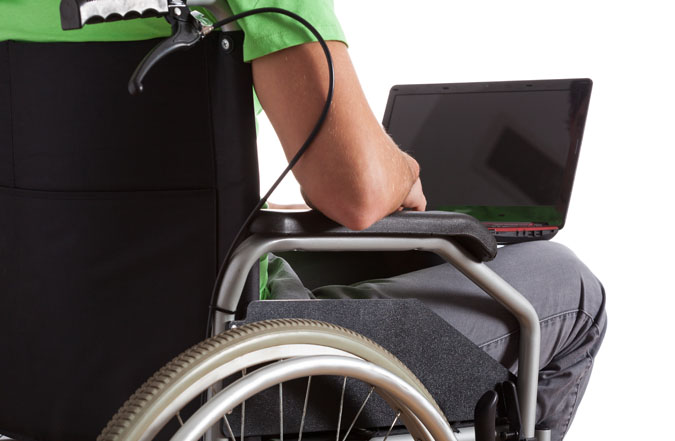Policy advocacy to improve accessibility for persons with disabilities and promotion of the concept of Universal Design.
Conservative estimates put the population of people with disabilities in India at 70-100 million with only a miniscule percentage of this population seen in the mainstream. The core reason for this is the basic lack of access. Accessibility not only means access to physical spaces but also means access to information, technology, transport, services, aids and appliances, etc. Accessibility, therefore is an issue that cuts across disabilities and sectors and forms the very basis of empowerment of people with disabilities.
The Make India Accessible Program, in collaboration with the National Centre for Promotion of Employment for Disabled People (NCPEDP) primarily involves advocacy-based efforts to impact policy change and the effective implementation of existing policies for improving the cause of persons with disabilities.
A second facet of the program involves the promotion of the concept of Universal Design, which refers to a design that is usable to the greatest extent possible by everyone, regardless of age, ability or situation. This is done through the annual NCPEDP-Mphasis Universal Design Awards which are given away each year to those who have been doing exemplary work towards improving accessibility; thus spearheading the cause of accessibility and inclusion. It also involves promotion of the concept of universal design by creating a platform - organizing seminars in 6 cities - where the key stakeholders come together to understand, discuss and work towards creating an accessible environment.

